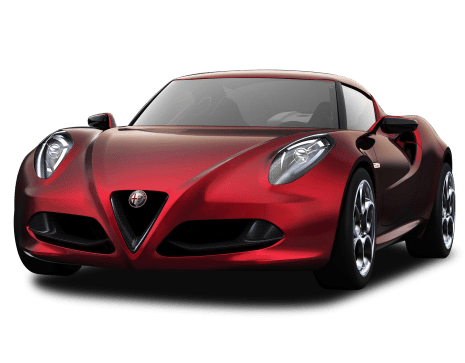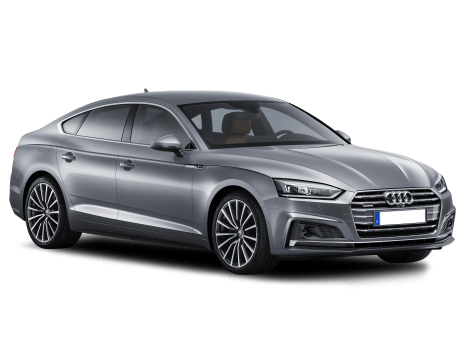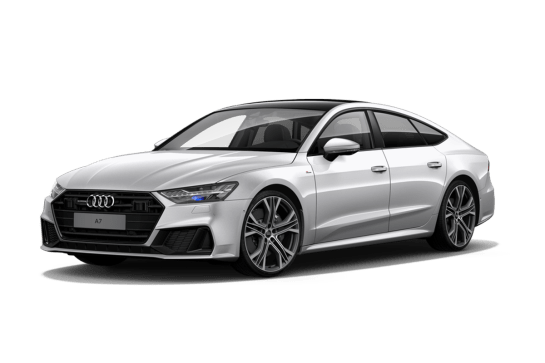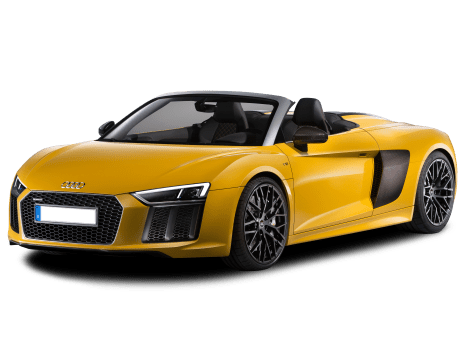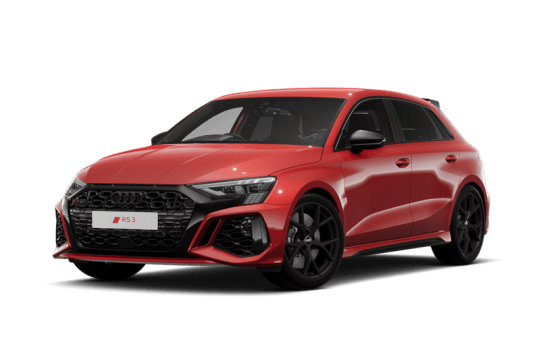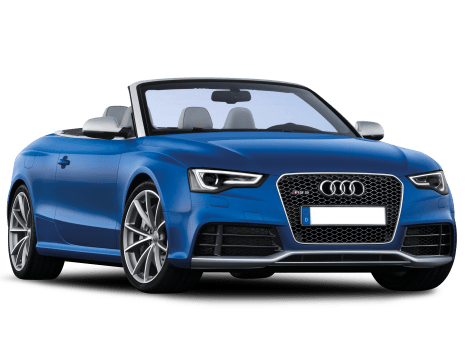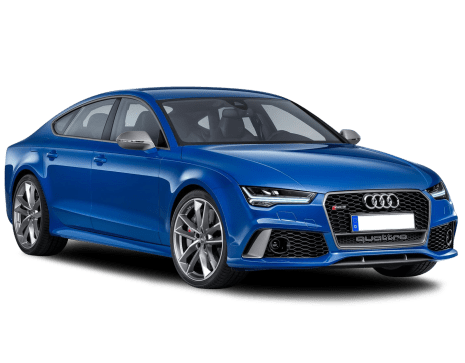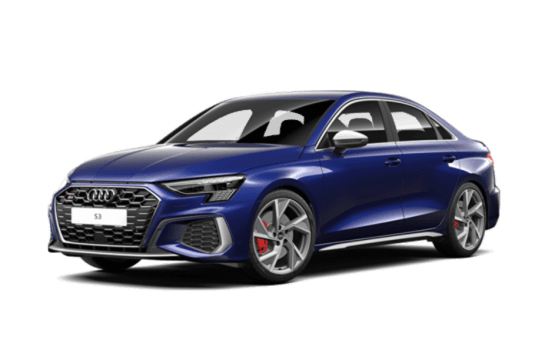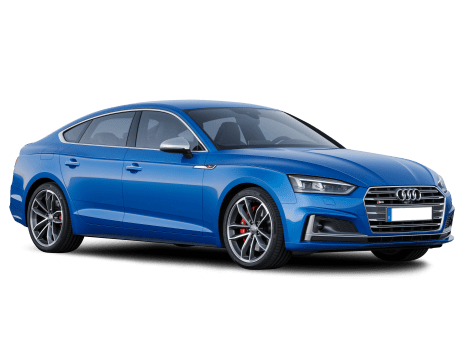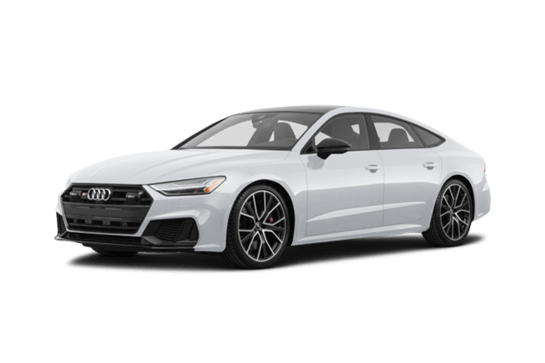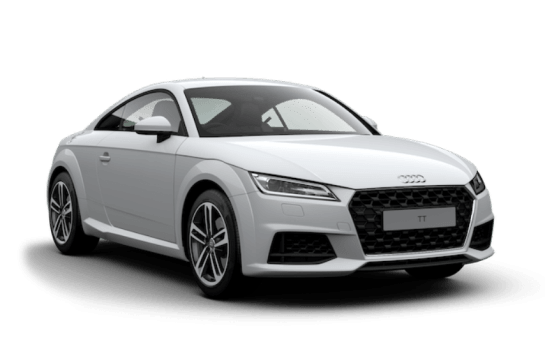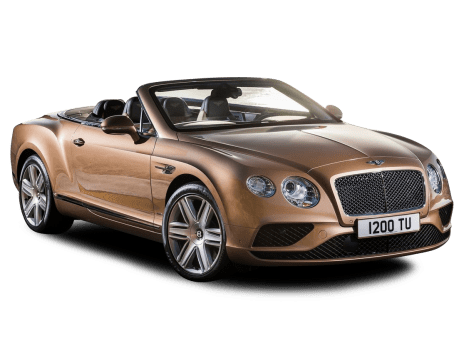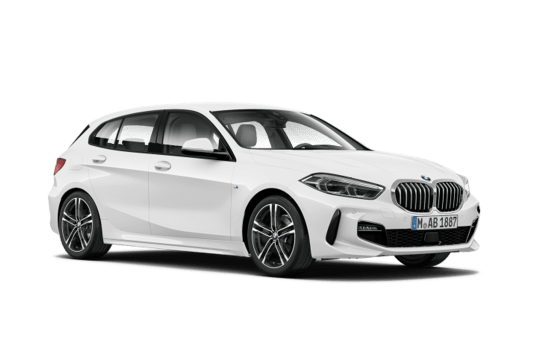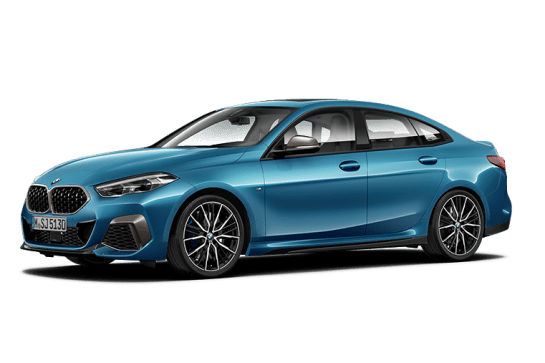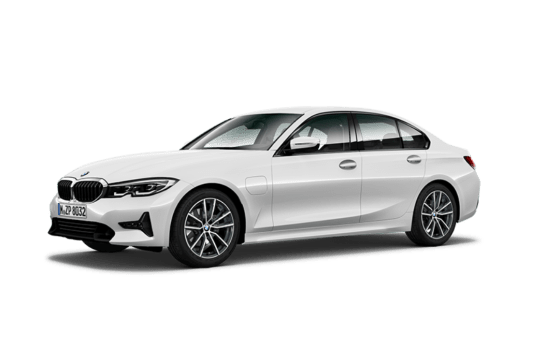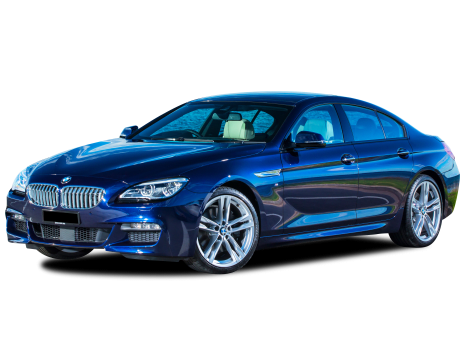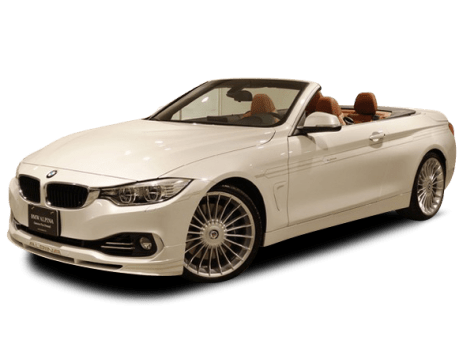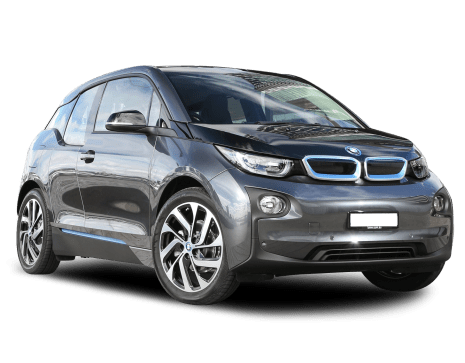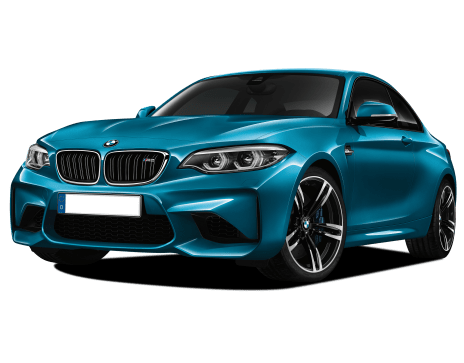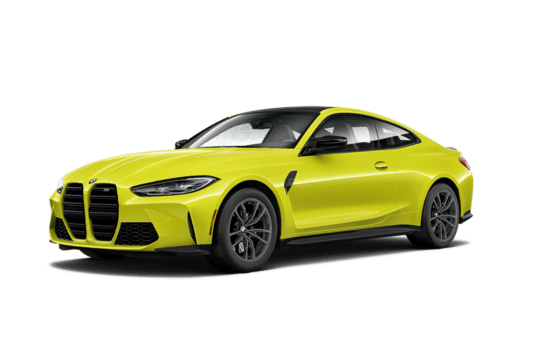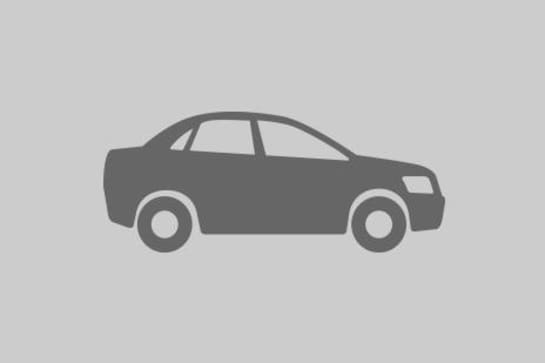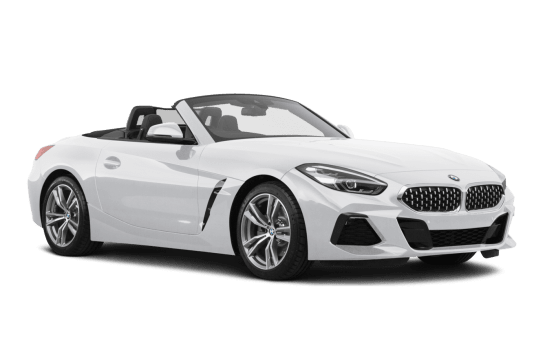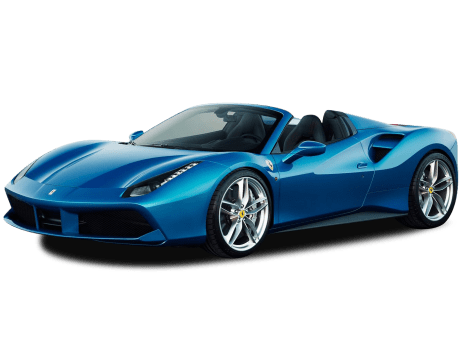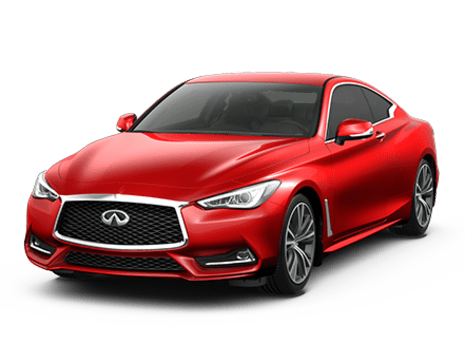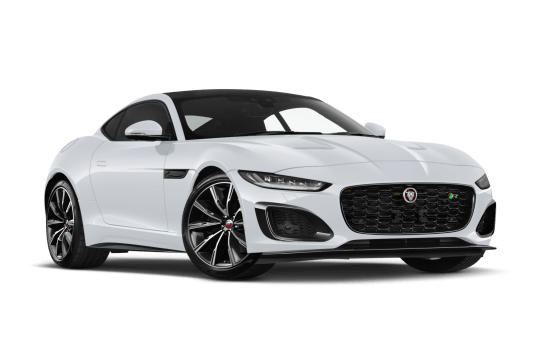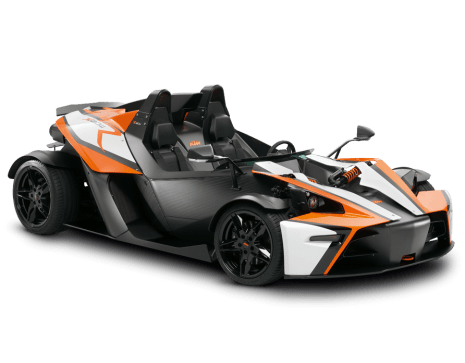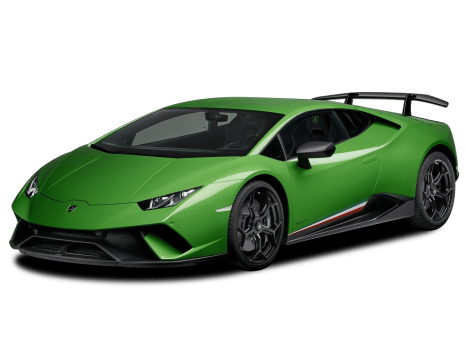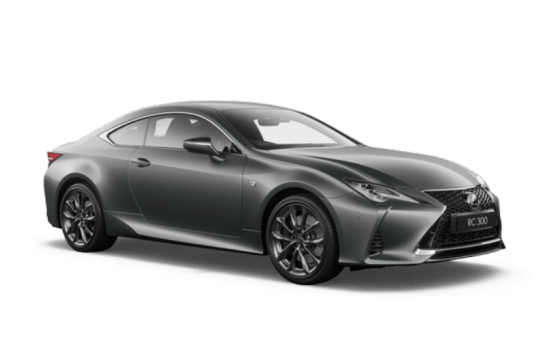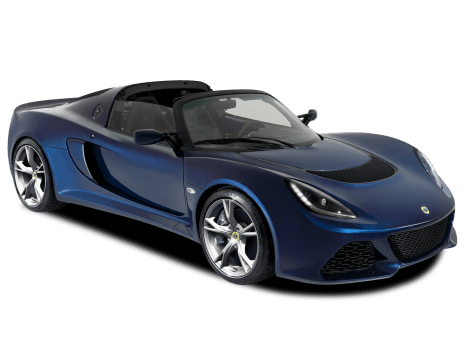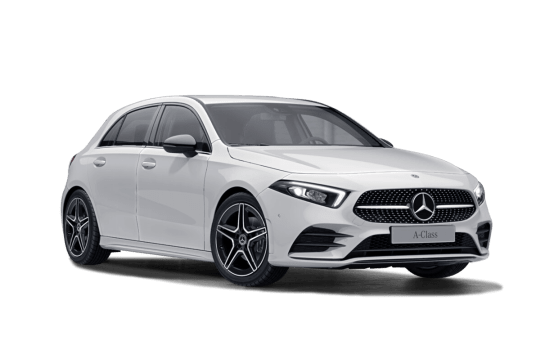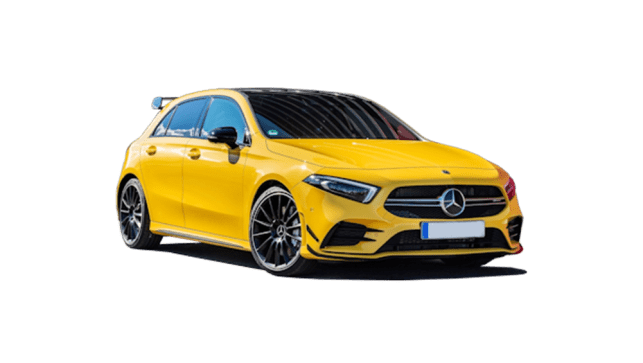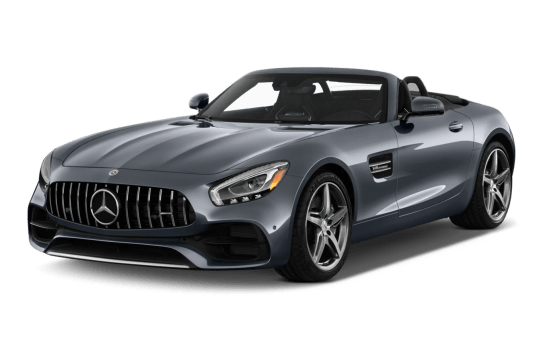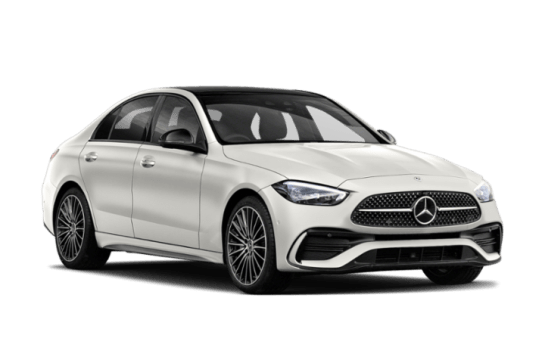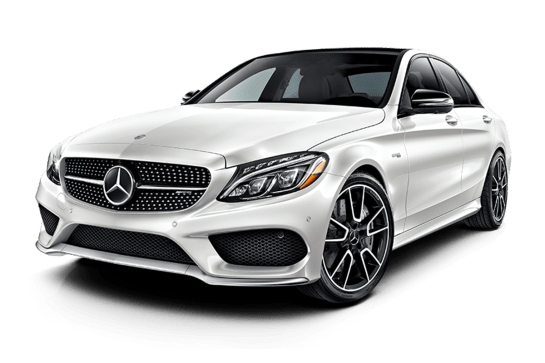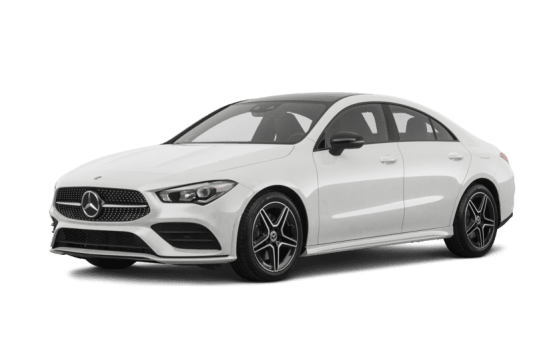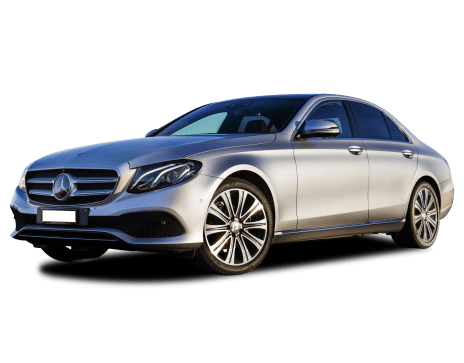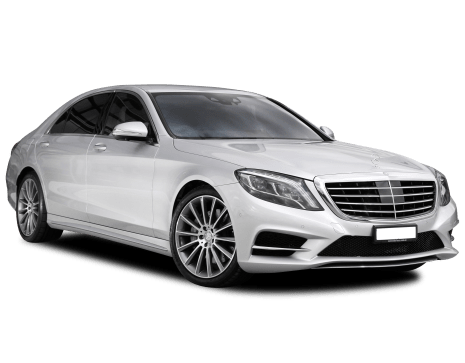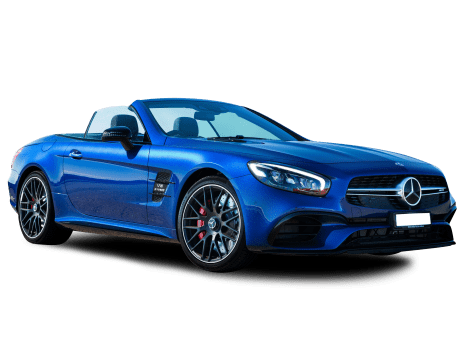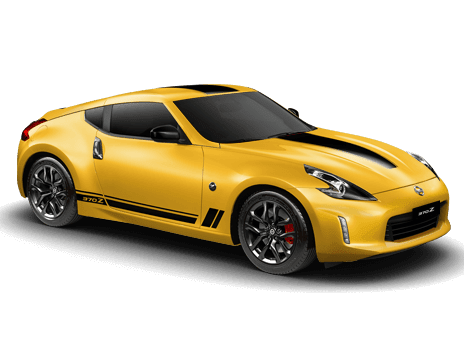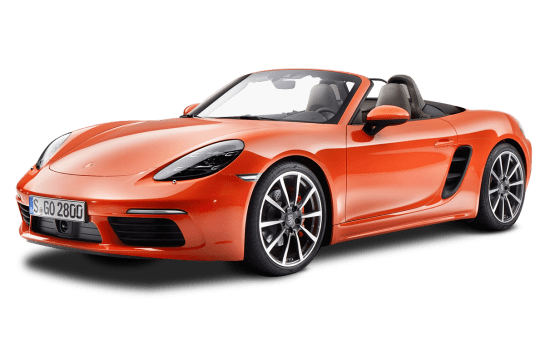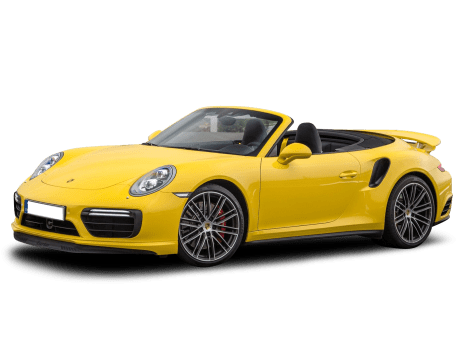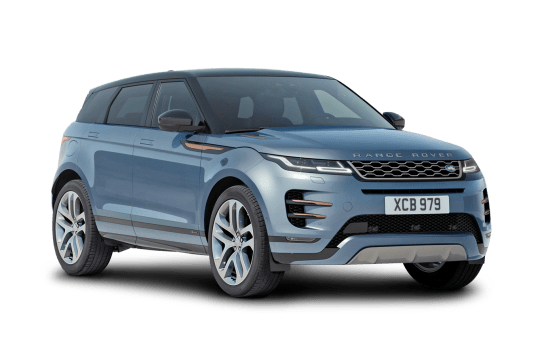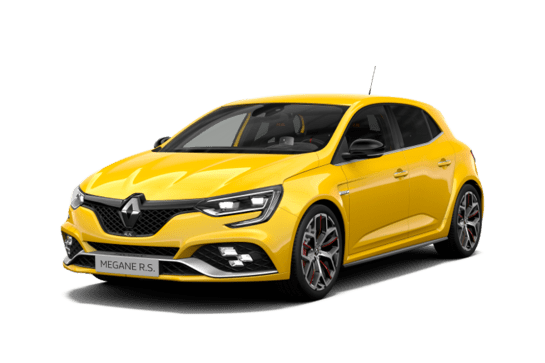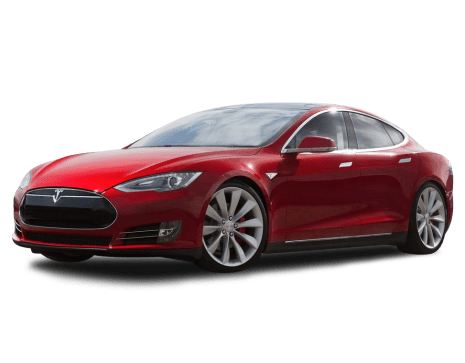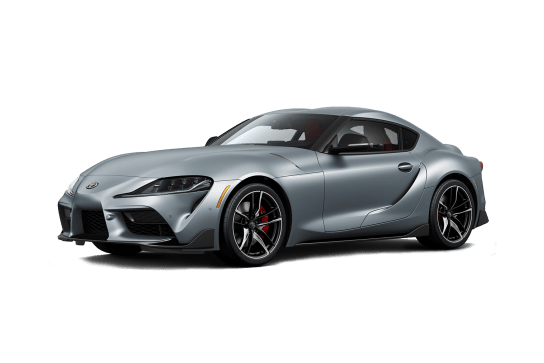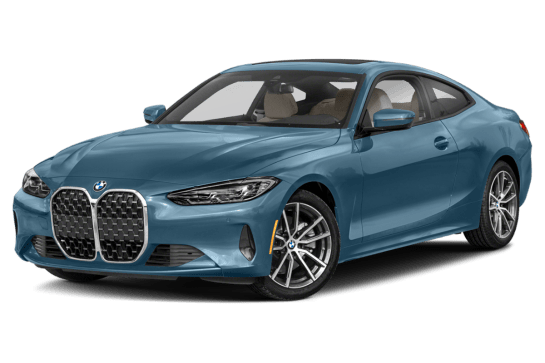
BMW 4 series VS BMW M2
BMW 4 series
Likes
- Great tech
- Terrific to drive
- Reasonable servicing
Dislikes
- A bit pricey
- Tight rear seats
- Needs more safety gear
BMW M2
Likes
- Blistering performance
- Dynamic prowess
- Attention-grabbing looks
Dislikes
- Spartan equipment list
- Very pricey
- Rubber pedals
Summary
BMW 4 series
BMW's new 4 Series blasted onto the world stage with a chonky schnozz on it that only a mother could love. If BMW didn't want anyone to look at the rest of the car, it did a cracking job of it, because everyone had something to say about the big gnashers now grafted to the 4's front end.
I was nervous about it, too, because the 4 Series has always been so elegant and the current 3 Series - on which it is based - is quite nice to look at. It also threatened to overshadow just how good a car the BMW 4 should be, based as it is on the excellent 3 Series.
And, of course, one also had to wonder if a sports coupe like this would be any good around town. Limited vision? Hard to get in and out of? A true four-seater, or just a squishy 2+2? So many questions.
| Safety rating | |
|---|---|
| Engine Type | 2.0L turbo |
| Fuel Type | Premium Unleaded Petrol |
| Fuel Efficiency | 6.4L/100km |
| Seating | 4 seats |
BMW M2
When BMW’s M2 first landed on Australian shores in 2016, one of the biggest criticisms levelled at it was a lack of grunt, which must have hurt its feelings.
With 272kW and 465Nm from the 3.0-litre single-turbo ‘N55’ six-cylinder engine, it was hardly tame, but the question it raised was whether it was special enough to be christened a full-fat M car? And the answer from enthusiasts was "perhaps not".
Fast forward to 2018 and BMW had rectified that criticism with the M2 Competition, powered by a 3.0-litre twin-turbo ‘S55’ engine from the M3 and M4 to punch out a more exciting and appropriate 302kW/550Nm.
For anyone crazed enough to think that was still not enough, the M2 CS is now available in showrooms, and turns the wick up to 331kW and 550Nm, thanks to some tweaks to the engine. It's now available with a six-speed manual gearbox, too. That sound you hear is purists rejoicing.
So, does this now make the 2021 M2 CS the ultimate BMW for the enthusiast driver?
| Safety rating | — |
|---|---|
| Engine Type | 3.0L turbo |
| Fuel Type | Premium Unleaded Petrol |
| Fuel Efficiency | 9.9L/100km |
| Seating | 4 seats |
Verdict
BMW 4 series7.8/10
The BMW 420i is a terrific car if you're after a bit of style and sophistication. Not everyone will warm to your car's nose, but if you get it de-chromed, like this white one, it really does look pretty good. It's a car that uses very little fuel, moves along smartly and is brimming with a decent amount of tech, even if it could do with a bit more safety gear at this price.
I reckon this car is settling well into the automotive landscape and ignoring it because of a few loudmouths think the grille is too big would be a terrible waste.
BMW M27.9/10
As the ultimate form of the current M2, the CS distils the best aspects of what everyone loves about BMW into one tidy little package.
The driving experience is nothing short of divine, even if the manual gearbox shifts could be better, while the firecracker engine kicks things up to a whole new level.
If only BMW offered more equipment and safety to round out the $140,000 pricetag, or maybe they should have leaned harder into the lightweight aspect and ditched the rear seats to make the M2 CS even more special.
At the end of the day though, the M2 CS is still an unbelievably appealing driver’s car, and I can’t wait to see what BMW has in store for the next one.
Design
BMW 4 series
The internet exploded when it became clear the big kidney grille was for real. To be fair, BMW did itself absolutely no favours by ensuring the photos of the 4 Series made the twin grille look Easter Island statue sized.
And it persisted in doing them naked, without number plates to break up the look. In the flesh, it all works, the nose is striking but not completely overblown.
BMW coupe elegance reigns supreme in profile, however, with excellent proportions, and even in base form the wheels are the right size. The slim tail-lights and sculpted tail complete the look. It's a car I think most people love looking at. Hardly anyone mentioned the grille.
The cabin is excellent, as are all of the newer BMW interiors. It's not really a base model, given the price, but the mix of Alcantara and synthetic leather is very pleasing.
The big screens for the media and instruments headline the cabin with high-tech style and while it's not avant-garde, it's sharp and feels premium, which is just as well.
BMW M210/10
We’re already big fans of the way the M2 looks, it’s just the right size and has the perfect proportions for a sporty coupe, and the CS just takes things to another level.
From the outside, the M2 CS scores a noticeably bigger bonnet bulge, as well as a vented hood to improve airflow.
The front splitter, side mirrors, skirts, bootlid spoiler and rear diffuser are also finished in carbon, and add to the car’s aggressive demeanour.
Filling the wheelarches are 19-inch wheels finished in black, but tucked behind those are massive drilled brake rotors and large calipers painted in red.
To call the M2 CS exterior design sporty would be an understatement, but we do have to point out that the Alpine White of our test car did look a little boring, despite the extra bling.
If we were buying one? We’d option the stunning Misano Blue hero colour with gold-coloured wheels to really turn heads around town and at the racetrack, although they will add another $1700 and $1000 respectively to the already dizzying price.
Inside, the M2 CS is let down a little by a spartan interior, which looks like it’s been lifted from the cheapest 2 Series coupe, due to the lack of climate-control screen.
However, BMW does try its best to spice things up with very tight-fitting bucket seats, an Alcantara steering wheel, CS-branded dashboard and that carbon-fibre transmission tunnel.
It’s definitely a case of function over form , but the lack of interior flare means you focus more on the road ahead than anything else, which is no bad thing when you have 331kW and 550Nm being sent to the rear wheels.
Practicality
BMW 4 series
As a sports coupe, it's hardly a practical all-rounder but it's not a squishy 2+2 either. The rear seats are sculpted for maximum headroom and have the added bonus of holding onto rear passengers.
Six footers won't be super-comfortable but it's bearable for short trips. There are two ISOFIX points back there, too.
The front seats electrically fold out of the way for ingress and egress, but it's not an elegant process.
Front-seat passengers score two cupholders and bottle holders in the doors and a black hole for your phone and its wireless charging pad.
The boot takes an impressive 440 litres and the rear seats split and fold like good little soldiers.
BMW M27/10
Measuring 4461mm long, 1871mm wide, 1414mm tall and with a 2698mm wheelbase, and just two doors, the M2 CS isn’t exactly the last word in practicality.
Of course, front passengers are afforded plenty of space, and the electronically adjustable bucket seats allow you to get into the right position to row through the gears and eat up the road.
Storage is limited, however, with average-sized door bins, two cupholders, a small wallet/phone tray, and that’s it.
BMW is generous enough to include a single USB port to charge your device, but its location, where the armrest should be, means you’ll have to get creative with cable management to make it really work if you want to keep your phone in the tray under the climate controls.
Predictably, the two rear seats are less than ideal for anyone tall, but there is plenty of leg and shoulder-room.
A small centre-storage tray is fitted back there, as well as Isofix points for the seats, but there isn’t a whole lot to keep rear occupants entertained. They'll probably be too frightened to care.
Opening the boot reveals a small aperture that will swallow 390 litres, and is shaped in such a way that a set of golf clubs or some overnight bags will fit in nicely.
There are some luggage tie-down points and netting to keep your belongings from rolling around, and the rear seats fold down to accommodate longer items.
Price and features
BMW 4 series
The 420i starts at $71,900. That's a fair bit of money, I think you'll agree.
You get 19-inch wheels, a 10-speaker stereo, LED headlights with auto high beam, head-up display, power front seats, lighting package, auto-parking with reverse assistant, synthetic leather and Alcantara interior, 'Live Cockpit Professional' (fully digital dash), wireless phone charging and digital radio.
The massive 10.25-inch touchscreen may be smaller than the 12.3-inch digital dashboard, but it still looks huge. BMW's Operating System 7.0. is a cracking set-up, and you can control it via either touch or the 'iDrive' rotary dial on the console. It also has Apple CarPlay and Android Auto. Both of them, wireless. You don't read that every day.
You also get 'BMW ConnectedDrive', with some remote services that last for three years. The subscription includes things like the endearingly weird 'Caring Car' and the far less weird real-time traffic information.
The 4 Series is available in eight colours. 'Alpine White' is the only freebie while 'Black Sapphire', 'Arctic Race Blue', 'Portimao Blue', 'San Remo Green' and 'Mineral White' are $1538 each (or part of the 'Visibility Package'). 'Tanzanite Blue' and 'Dravit Grey' are a hefty $2962.
My car for the week had the $6300 Visibility Package (metallic paintwork, sunroof, BMW Laserlight, Ambient Light, which is worth it for the amazing Laserlights alone), the $2860 'Comfort Package' (lumbar support, electric boot, heated front seats, 'Comfort Access' with 'BMW Digital Key') and an $800 black pack. All this took the price to $81,860.
BMW M26/10
Pricing for the 2021 BMW M2 CS starts at $139,900 before on-road costs for the six-speed manual, with the seven-speed dual-clutch automatic bumping up to $147,400.
Let’s not mince words here, the BMW M2 CS is not cheap.
Compared to the M2 Competition , the CS adds about $37,000 to the bottom line – the equivalent of a well-specced small SUV – and sits perilously close to the new-generation M3 and M4 ($144,900 and $149,900 respectively).
For the price , buyers are getting exclusivity, with just 86 examples available in Australia out of a total global production run of 2220 units.
The engine is also tuned for a higher power output, but more on that below.
Standard equipment in the M2 CS also eschews luxury for sportiness, with carbon-fibre exterior highlights, a new exhaust, lightweight 19-inch wheels and Alcantara steering wheel.
The front seats are borrowed from the M4 CS, and trimmed in Alcantara and leather, but that’s about all you get for equipment.
The multimedia system shares the same dimensions as the rest of the M2 line-up, measuring 8.8 inches and including satellite navigation, digital radio and Apple CarPlay (no love for Android owners, sorry).
The climate controls do differ slightly, with the slender screen replaced with basic buttons and knobs.
Seat heating? Nope. Rear air vents? Sorry. How about keyless entry? Not here.
Also noticeably absent is a wireless smartphone charger, and centre armrest, as the usual transmission tunnel has been swapped out for a carbon-fibre piece.
To be fair, you do get a premium Harman Kardon sound system, push-button start and single USB port, so at least BMW does offer a way to charge your phone on the go.
Perhaps most egregious of all though – at least to me – were the rubber pedals fitted to our manual test car.
For $140,00 you’d expect a bit more in terms of convenience features, and before you make the argument that ‘it’s all about saving weight’, don’t bother, because the M2 CS and M2 Competition both tip the scales at an identical 1550kg.
Under the bonnet
BMW 4 series
The 420i’s 2.0-litre turbocharged four-cylinder, codenamed B48, spins up 135kW/300Nm. Driving the rear wheels through an eight-speed ZF automatic transmission, you'll go from zip to the 100km/h mark in 7.5 seconds, which is brisk, if not staggering.
BMW M29/10
Powering the BMW M2 CS is a 3.0-litre twin-turbo ‘S55’ six-cylinder engine, developing 331kW/550Nm.
With drive sent to the rear wheels via a six-speed manual or seven-speed dual-clutch automatic transmission, the M2 CS can accelerate from zero to 100km/h in 4.2 or 4.0 seconds respectively.
Peak power is available at a heady 6250rpm, while maximum torque comes on stream from 2350-5500rpm.
The M2 CS actually put out as much grunt as the outgoing M3/M4 Competition, because it uses the same engine, and to say the amount of performance on tap is explosive would be to talk up explosions. This is a serious amount of bang for your buck.
The M2 CS easily outclasses the likes of the 280kW/460Nm Jaguar F-Type V6, 306kW/410Nm Lotus Evora GT410 and 294kW/420Nm Porsche Cayman GTS 4.0.
I do have to draw attention to the manual gearbox of our test car, though, which was great, but not excellent.
With such engaging shifters fitted to the Honda Civic Type R, Toyota 86 and Mazda MX-5, I expected rowing through the gears would be nirvana, but it was merely OK.
The throws are a little too long for my liking, and it takes just a bit too much effort to slot it into the right ratio. Still, we should all be glad to see a manual offered here, and I'm betting it is still a better option for purists than the auto.
Efficiency
BMW 4 series
BMW's official combined-cycle figures seem to be slowly moving towards reality. The 420i's sticker figure of 6.4L/100km was met with an indicated 6.8L/100km, which was excellent going for almost exclusively suburban and urban running.
It's a solid result, but being a BMW, it's premium unleaded only for its 59-litre tank.
With my generally unsympathetic (but not psychopathic) right foot, that means a real-world range of over 800km between fills.
BMW M28/10
Official fuel-consumption figures for the M2 CS are pegged at 10.3 litres per 100km, while our week with the car yielded a more realistic figure of 11.8L/100km.
Engine start/stop technology is included to keep fuel consumption down, but our week with the car was spent mainly in Melbourne’s inner-city streets, with three trips out of town looking for some winding country roads.
No doubt if we were more restrained with our throttle application, we could have kept that fuel consumption figure down, but a sub-12L/100km result is still great for a performance car.
Driving
BMW 4 series
One of the main things that sets a BMW sedan or sedan-based coupe apart is that they're good everywhere, except perhaps in quicksand.
As the platform has matured and BMW's persistence with run-flat tyres has yielded improvements in tyre construction, the 3/4 Series platform (and many others - the internal name for the platform is CLAR) has once again become the benchmark for ride and handling.
For some people reading this, that's a lot of blah blah blah but the main point is, it's a terrific thing to drive whether you're dawdling along in traffic, dealing with traffic calming or bombing down your favourite deserted road.
The Bridgestone tyres on the 420i aren't as ultimately grippy and sticky as the alternative rubber on the 430i but they work well in town and are quiet on the 80km/h roads so prevalent in Sydney.
The steering is absolutely lovely, providing just the right weight at any given speed and throwing in the road feel to inspire confidence.
Ride around town is compliant but with the whiff of fun if you decide to push things outside of the city.
Its capabilities are still more than worthwhile day-to-day, however, because the way it handles the need to duck in and out of spaces in traffic is extremely handy.
The 2.0-litre four-cylinder is as smooth as rival Audi's. It doesn't sound like much (with a few vestigial pops in Sport mode) but it's certainly got the power to get you out of sticky situations and a transmission that's willing to play ball, whether in Sport or Normal.
Without the adaptive suspension of its 430i and M 440i brethren, this is a very smooth, easygoing sports coupe, with just enough sportiness to keep you interested, if you're that way inclined.
BMW M210/10
Let me be clear; driving the M2 CS is a simply sublime experience.
The M2 was always close to the top of the best modern M cars, and the CS simply cements its position as the king.
Step inside and the bucket seats and Alcantara steering wheel make sure you know you are in something special.
Push the red starter button and the engine comes to life, with a racy growl from the new exhaust system that immediately brings a smile to your face.
Out on the open road, the adaptive dampers fitted to the M2 CS do a good job at soaking up bumps and road imperfections, but don’t expect it to suddenly become a comfortable and cosseting cruiser.
The ride is firm in all settings, but dial it up to ‘Sport Plus’ and comfort really takes a hit, especially on the uneven inner-city roads of Melbourne, with its criss-crossing tram tracks.
Escape the unkempt roads of the city for the smooth blacktop of the country, though, and the M2 CS really flexes its handling prowess.
The Michelin Pilot Sport Cup 2 tyres fitted as standard also help in this regard, and while the rear end will step out with 331kW pushed through them, if you want to stick to the racing line and clip that apex, the M2 CS is a more than willing participant.
The suspension isn’t the only thing that can be changed, however, with steering and engine adjustments also available.
We found the best setting to be maximum-attack mode for the engine and suspension, while keeping the steering in its lightest setting, and even with the steering weight turned way down, the feedback and feel from the road is enough to communicate exactly what the M2 CS wants to do.
BMW has definitely nailed the feel of the M2 CS, which almost eggs you on to go faster and faster.
When things get a bit too furious, it is also comforting to know that the massive 400mm front discs and 380mm rear discs with six- and four-piston callipers respectively are more than up to the task of scrubbing speed.
I only wish I could have explored the capabilities of the M2 CS in the more controlled environment of a racetrack, because out on the open road, the M2 CS definitely still feels like it has so much more to give. And everything about this car just screams Race Track Time. Loudly.
Safety
BMW 4 series
The 4 Series comes with six airbags, ABS, stability and traction controls, forward AEB, forward collision warning, lane-departure warning, reverse cross-traffic alert and reversing camera.
The 4 Series hasn't been tested by ANCAP or Euro NCAP and the 3's five-star rating can only be a guide because of the very different structure of the 4.
Sports cars rarely fare well in the sometimes complex rules so carmakers tend to keep them away from the clutches of crash testers.
BMW M25/10
The BMW M2 CS has not been tested by ANCAP or Euro NCAP and as such does not have a crash rating.
The car it is based on, the 2 Series, is also unrated, although the M2 CS differs wildly from the rest of the small coupe range.
Safety systems include front and rear parking sensors, automatic headlights, a reversing camera and cruise control.
Don’t expect autonomous emergency braking (AEB), blind-spot monitoring and lane-keep assist here, let alone rear cross-traffic alert or traffic-sign recognition.
Sure, the M2 CS is a track-focused special, but its also lacking some crucial safety features you’d expect out of any new car, and particularly one at this price point.
Ownership
BMW 4 series
BMW offers a ho-hum length of three years and 100,000km of warranty coverage. Mercedes has gone to five years so one wonders why BMW (and Audi) hasn't joined its German rival.
Servicing is entirely reasonable at $1650 for a five-year/80,000km package that covers the 12 month/16,000km servicing regime.
At $330 per service, it includes things many carmakers don't, such as brake fluid and spark plugs.
You can go full noise with the 'Plus Package', which costs $4500 and chucks in brake pads, rotors and even windscreen-wiper replacement. That doesn't seem like terribly good value to me unless you drive like a lunatic.
BMW M28/10
Like all new BMWs, the M2 CS comes with a three-year/unlimited-kilometre warranty, which falls short of Mercedes’ benchmark five-year/unlimited-kilometre offering.
Scheduled service intervals are every 12 months or 16,000 kilometres, whichever comes first.
Buyers can opt for a ‘Basic’ or ‘Plus’ service plan that covers the car’s first five years, priced at $2995 and $8805 respectively.
The ‘Basic’ plan covers oil changes, air filters, brake fluids and spark plugs, while the ‘Plus’ service adds replacement brake pads and discs, wiper blades and clutch.
With an annual cost of $599 or $1761 for maintenance, the M2 CS is actually pretty affordable to service.


